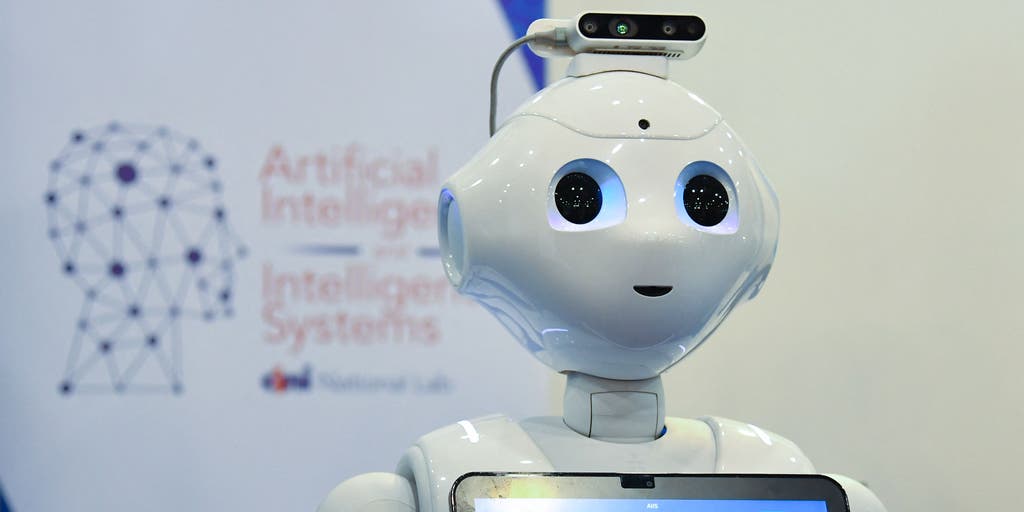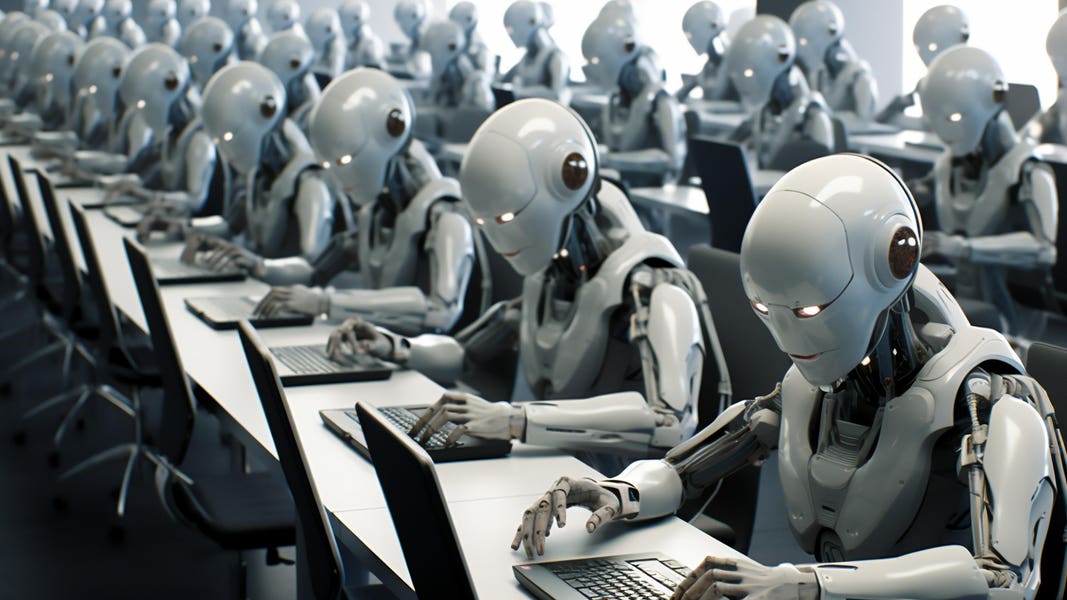The swift advancement of artificial intelligence has instilled concerns in some individuals regarding potential perilous scenarios where the technology surpasses the intelligence of its human creators. Nevertheless, certain experts argue that AI has already achieved superiority in specific aspects.
According to Phil Siegel, the founder of the Center for Advanced Preparedness and Threat Response Simulation, machines are already considered more intelligent if defined by their ability to tackle intellectual yet repetitive and confined problems. Notably, AI has excelled in areas such as chess and GO, with the potential to expand its capabilities to encompass tasks like legal analysis, basic writing, and generating images upon request.
Siegel’s observations follow a recent survey involving nearly 2,000 AI experts, revealing varying opinions on the timeline for AI to outsmart humans. While some tasks, like composing a high school history essay, are anticipated to be within AI’s reach in the next two years, achieving full automation of all human labor seems more distant, with most experts predicting such a milestone beyond this century.
The current AI platforms, as described by Siegel, exhibit proficiency in tasks like crafting short stories, movies, and scientific papers. However, they may lack the depth of understanding required for endeavors such as writing a bestseller or executing intricate experiments at a supercollider. The complexity of training AI for tasks necessitating human nature comprehension, like managing a company, poses a significant challenge that may demand extensive data and computation.
Samuel Mangold-Lenett, a staff editor at The Federalist, echoes a similar viewpoint, highlighting that AI platforms like ChatGPT can swiftly solve complex problems that would typically entail prolonged human deliberation. The concept of Artificial General Intelligence (AGI) introduces further contemplation, suggesting a realm where AI could surpass human intellectual capacities and undertake all economically significant tasks, prompting reflections on the potential emergence of sentience in AI.
The inevitability of a future where AI outmatches its human creators has spurred discussions on the transformative impact of such technology on society. Jon Schweppe, the policy director of the American Principles Project, emphasizes the unparalleled processing power of AI, emphasizing the imperative role of lawmakers in steering tech companies towards responsible AI development.
Conversely, Christopher Alexander, chief analytics officer at Pioneer Development Group, warns of potential dangers associated with irresponsible deployment of AI, especially in scenarios where the technology falls into the hands of malicious actors. He underscores the importance of ethical considerations in AI development to avert catastrophic consequences.
While some express apprehension about doomsday scenarios involving superintelligent AI, Jake Denton, a research associate at the Heritage Foundation’s Tech Policy Center, advocates for a pragmatic approach to AI policy discussions. Denton emphasizes the need for transparency standards, open-source foundational models, and policy safeguards to ensure responsible AI development and deployment, highlighting the potential for AI to enhance human capabilities rather than replace them entirely.










